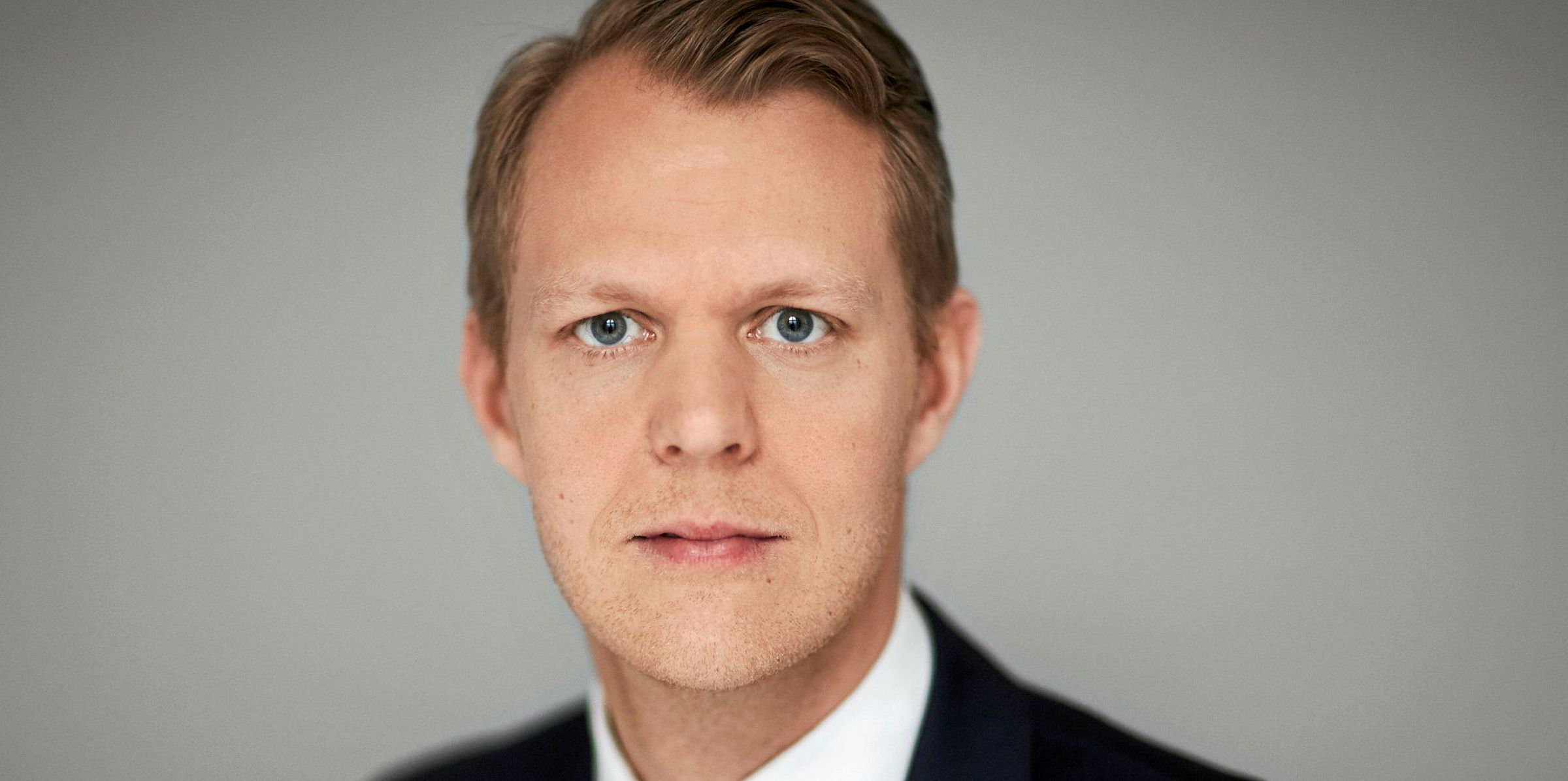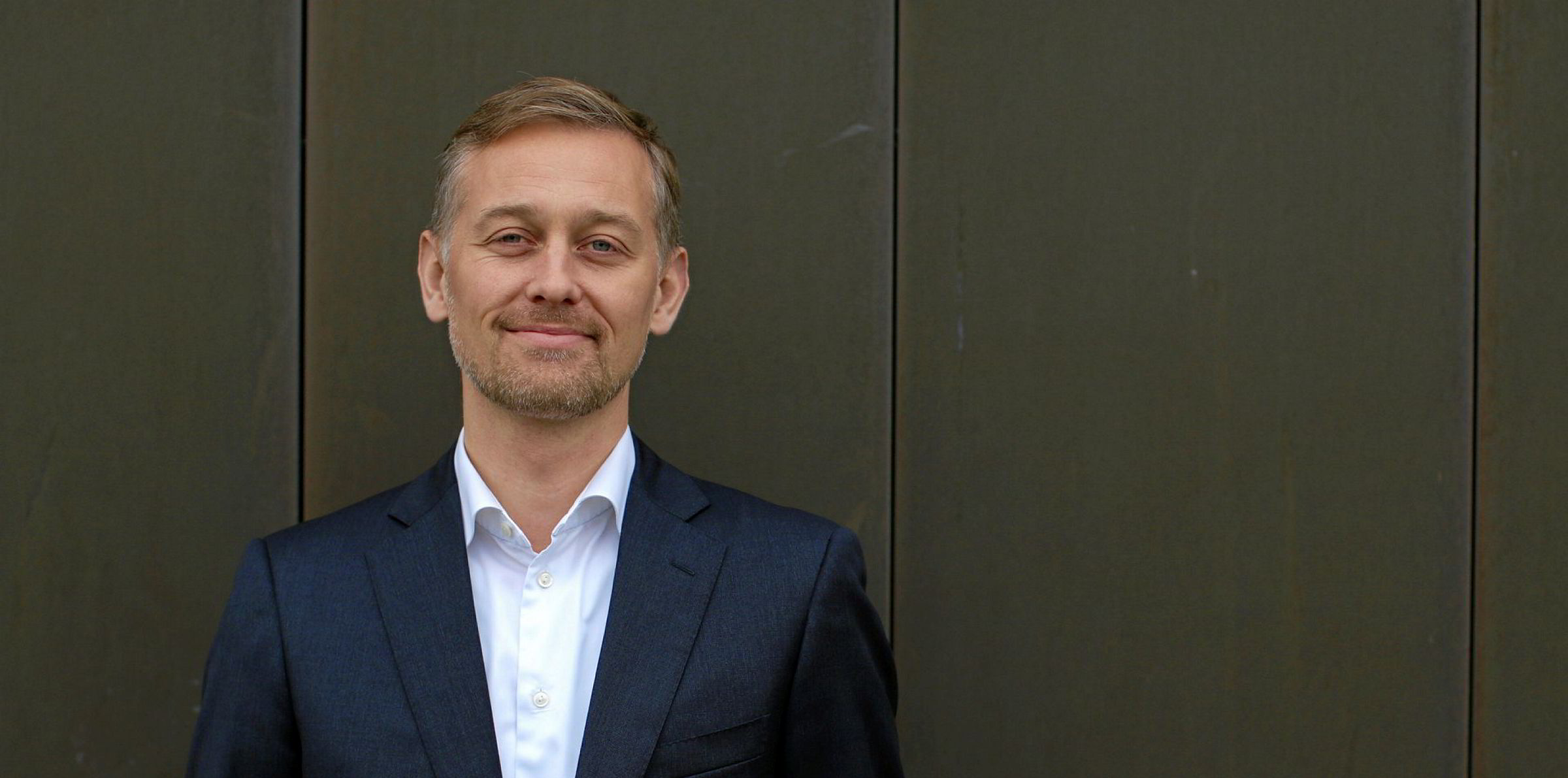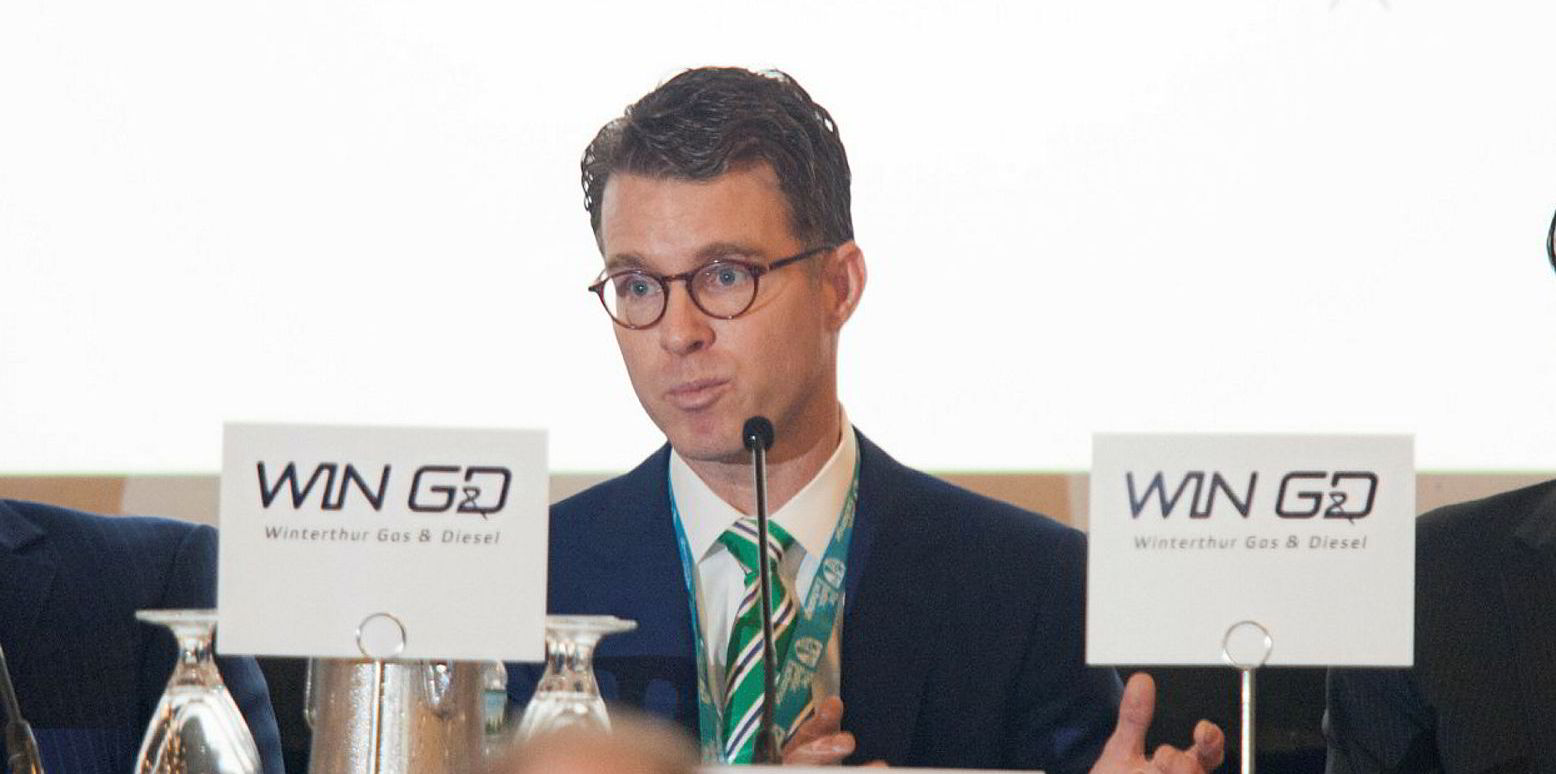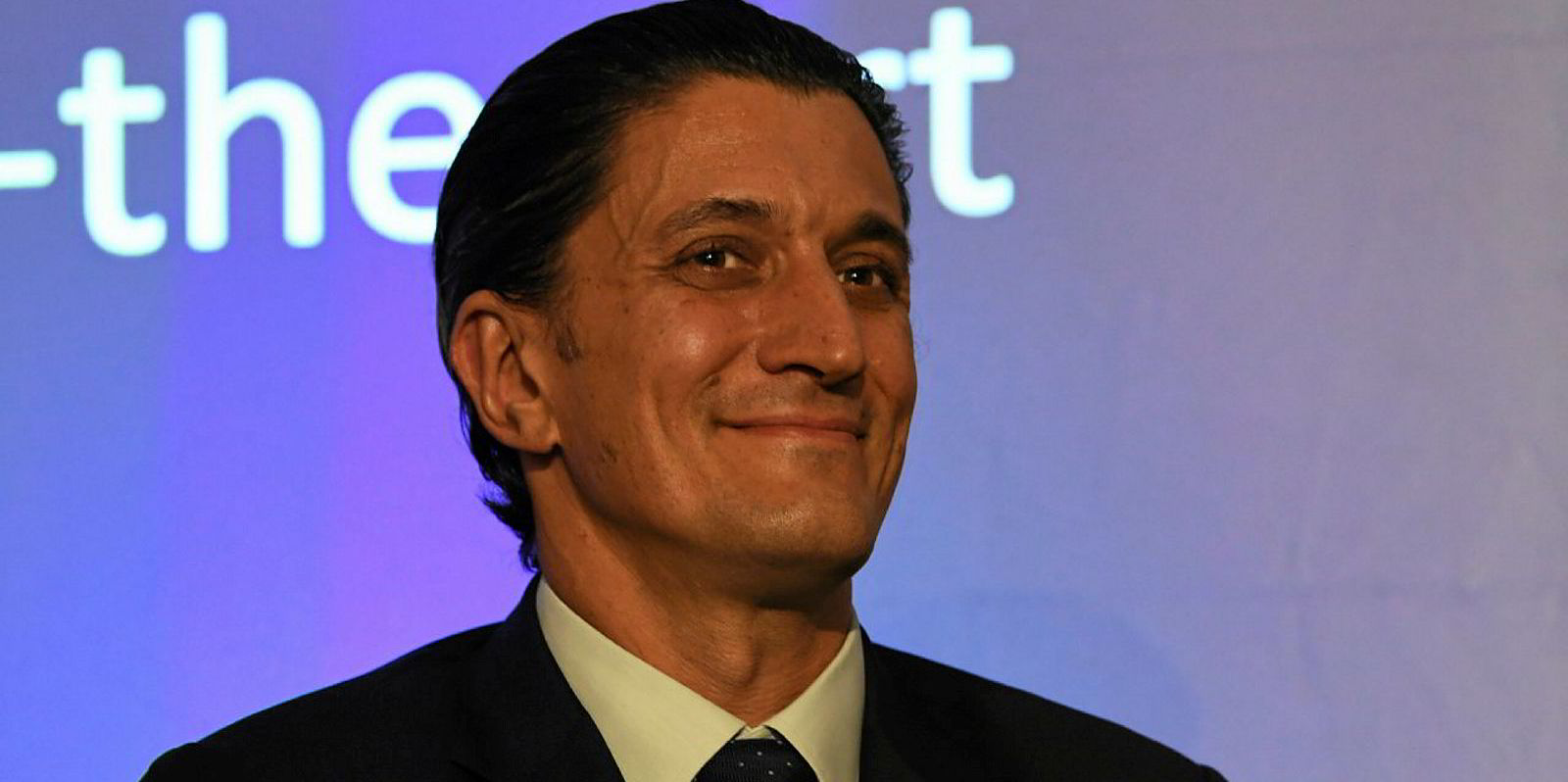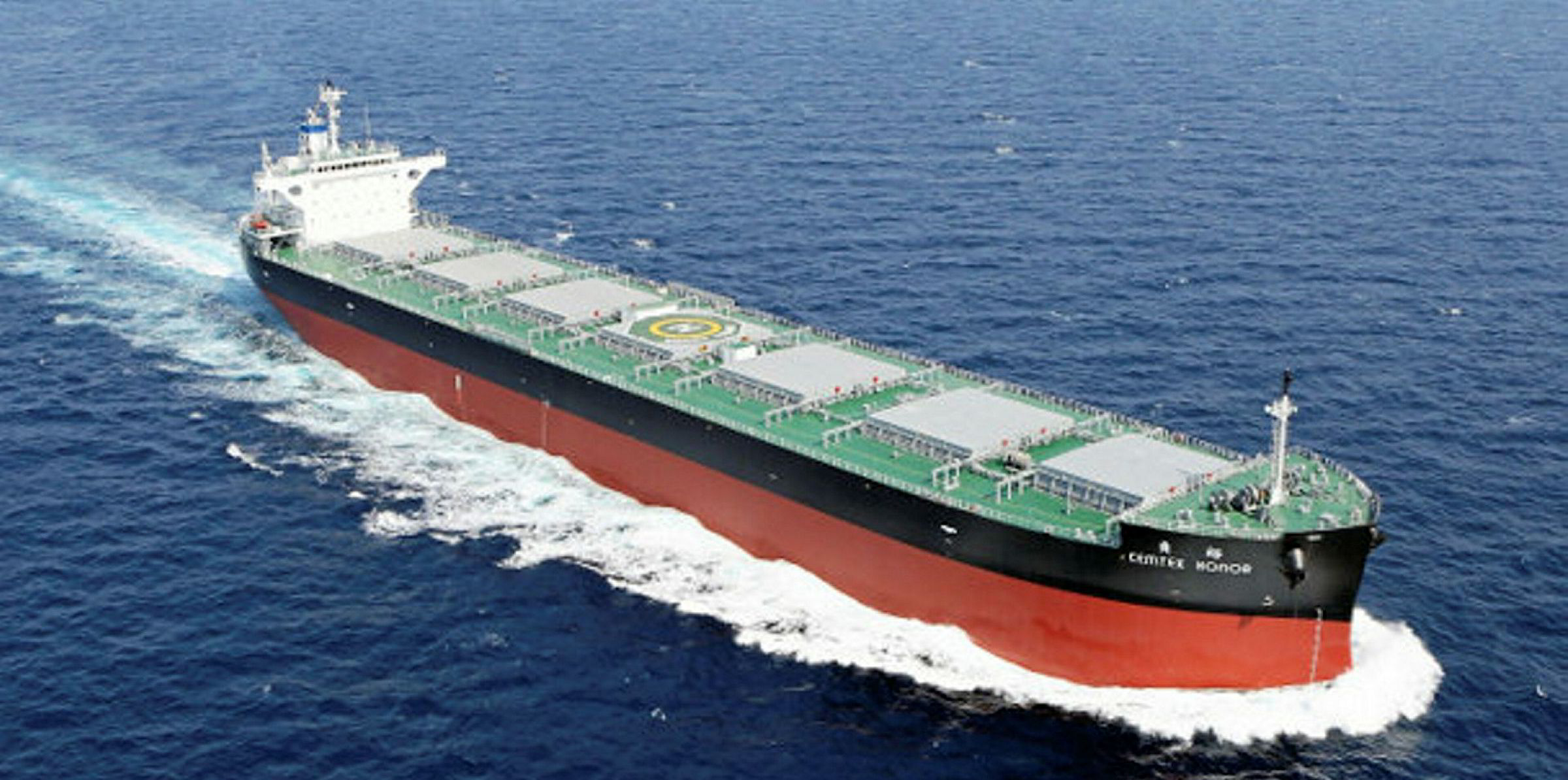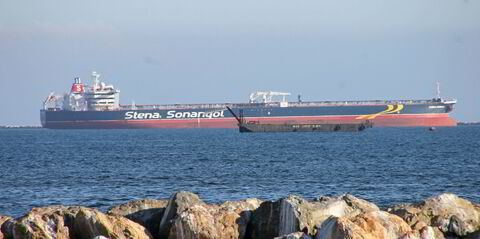It is a case of the bigger the better for pool operator Maersk Tankers as it enters new sectors through a tie-up with Team Tankers International.
The company is taking over commercial management of its new partner's 27 chemical carriers, including MRs and what it calls Flexi tonnage.
Chief investment officer Claus Gronborg told TradeWinds the timing is right for such a move, particularly when the coronavirus outbreak is clouding all future forecasts for the industry.
The two sides had been talking for a while about a potential partnership, he added.
United structure
"We are very pleased to do a big partnership in a fragmented market," Gronborg said.
"We believe in size. The more ships you have, the more you can drive down CO2 emissions and give customers a great product."
He added that companies have to invest in technology, and having more ships under management means more can be invested.
"So this is always a good thing. And in a situation of uncertainty, it's a very good time to come together and combine."
Gronborg told TradeWinds that the company is inviting other shipowners to reach out about potential partnerships in its existing seven pools or in new segments.
"We know the company and the people and that's why they trusted Maersk Tankers to lead the partnership. We will drive it for them," he said.
Maersk Tankers' fleet will increase to more than 225 ships under management, cementing its position as one of the market leaders in the MR segment, where it already manages a pool jointly with Cargill.
Fleets are a good fit
Of the 27 tankers, nine are 13,000-dwt ships, four are 25,000-dwt Flexi vessels and 14 are MR tankers. Team's 10 smaller ships are not included.
"Flexi is a segment adjacent to our handysizes and intermediate ships," Gronborg explained. "The 13,000-dwt segment is really very fragmented."
The new MRs, meanwhile, will give Maersk Tankers more than 80 ships in that category.
Team's other smaller vessels are stainless-steel carriers and were not considered by Maersk Tankers.
Gronborg said Team's staff are experienced in chemical carriers, while its own vessels can carry similar products.
Team's existing network will be important to the business, he added.
Pooling of resources
Pool activity has been growing in the chemical tanker market and beyond in recent weeks.
TradeWinds has reported that Womar Logistics will assume commercial management of all Chembulk Tankers vessels from its offices in Singapore, Houston, Rotterdam, Mumbai and a new commercial management office in Stamford, Connecticut.
Beyond tankers, Torvald Klaveness has rejigged its bulker pools by selling Bulkhandling to Clipper and merging its Baumarine operation in a joint venture with Marubeni.
C Transport Maritime continues to expand its supramax fleet, while LPG carrier operators Navigator, Greater Bay Gas and Pacific Gas have formed a handysize pool.
Maersk Tankers invested in CargoMetrics Technologies in 2017 to increase the efficiency of its product tanker pool.
Each morning, it runs 200m to 300m simulations of where to move its vessels to optimise trading options for up to the next two months.
This has increased time charter equivalent earnings by $1,200 per day for each vessel in the Maersk Tankers pool over the market average, CargoMetrics' Scott Borgerson said recently.
“It’s possible that someone like Maersk Tankers could operate a pool two, three, four times as big, with the same people or even fewer,” he said.
Maersk Tankers told TradeWinds the SimTanker system began tests on the LR2 fleet during the fourth quarter. Testing will continue in 2020.
